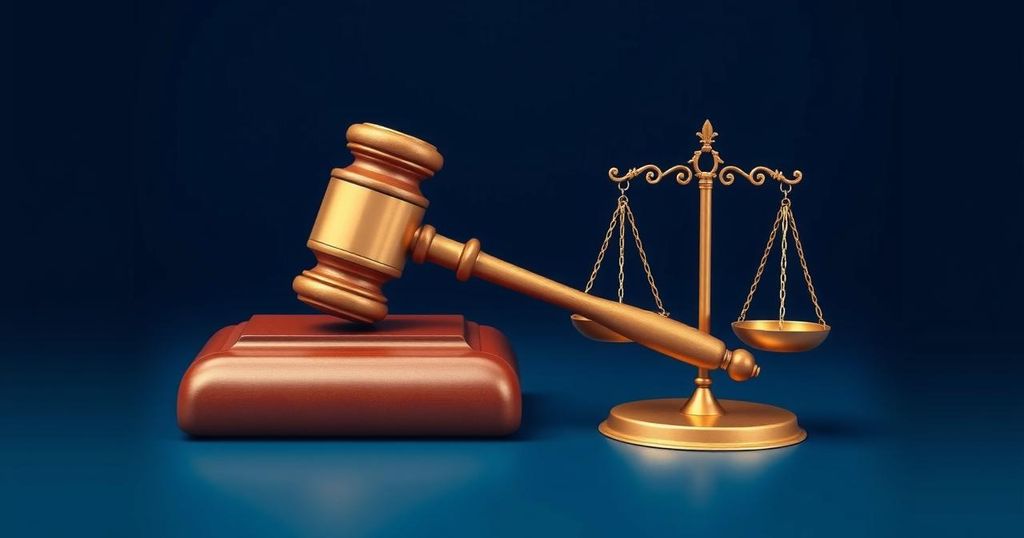The Arrest of Rodrigo Duterte: I.C.C. Jurisdiction and Legal Implications
Rodrigo Duterte was arrested following an I.C.C. warrant accusing him of crimes against humanity. This event raises questions regarding the court’s jurisdiction as the Philippines withdrew from the Rome Statute in 2019. The case highlights the challenges of regulating international law and will serve as a critical test for the I.C.C.
Former Philippine President Rodrigo Duterte was arrested following an arrest warrant issued by the International Criminal Court (I.C.C.) for alleged crimes against humanity. The arrest occurred shortly after the warrant was secretly issued, raising complex questions regarding the court’s jurisdiction over the matter. The case will serve as a significant examination of I.C.C.’s legal authorities pertaining to serious international crimes, including genocide, war crimes, and crimes against humanity.
The I.C.C. first announced its investigation into Mr. Duterte in 2018, focusing on his antidrug campaign that allegedly resulted in approximately 30,000 deaths. Rights groups reported that many victims were innocent individuals, including minors, who were targeted by police or vigilantes as part of this campaign. These operations have drawn widespread condemnation from various human rights organizations.
The legal framework of the I.C.C. is rooted in the Rome Statute, a treaty ratified by 125 nations. Following the mention of the investigation, Mr. Duterte declared the Philippines’ withdrawal from this treaty, an action that became official in March 2019. His legal representation argues that the arrest is illegitimate due to the Philippines’ non-member status; however, I.C.C. judges have asserted jurisdiction, indicating that the allegations pertain to a period when the Philippines was still a party to the treaty.
The arrest of former President Duterte by Filipino authorities marks a critical juncture for the International Criminal Court, bringing forth discussions on its jurisdictional capabilities. Although Mr. Duterte’s defense claims the arrest lacks legal standing due to the Philippines’ withdrawal from the Rome Statute, I.C.C. judges maintain that the warrant is valid based on the timeline of alleged crimes. This unfolding situation will continue to attract significant scrutiny as it progresses through the judicial system.
Original Source: www.nytimes.com




Post Comment